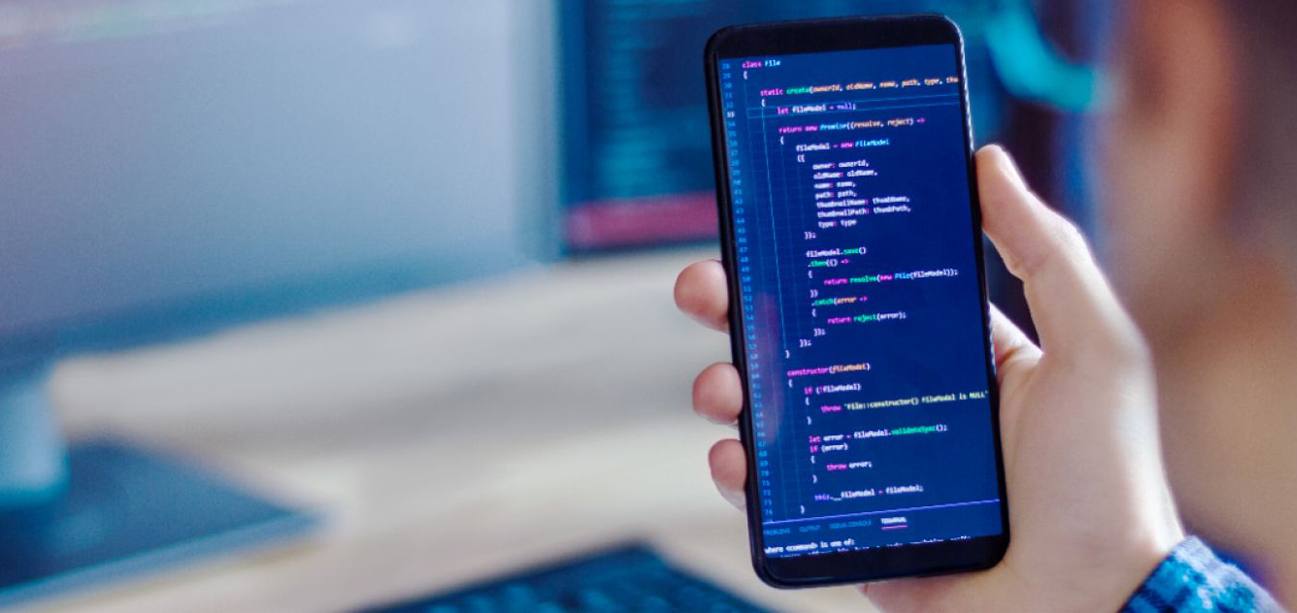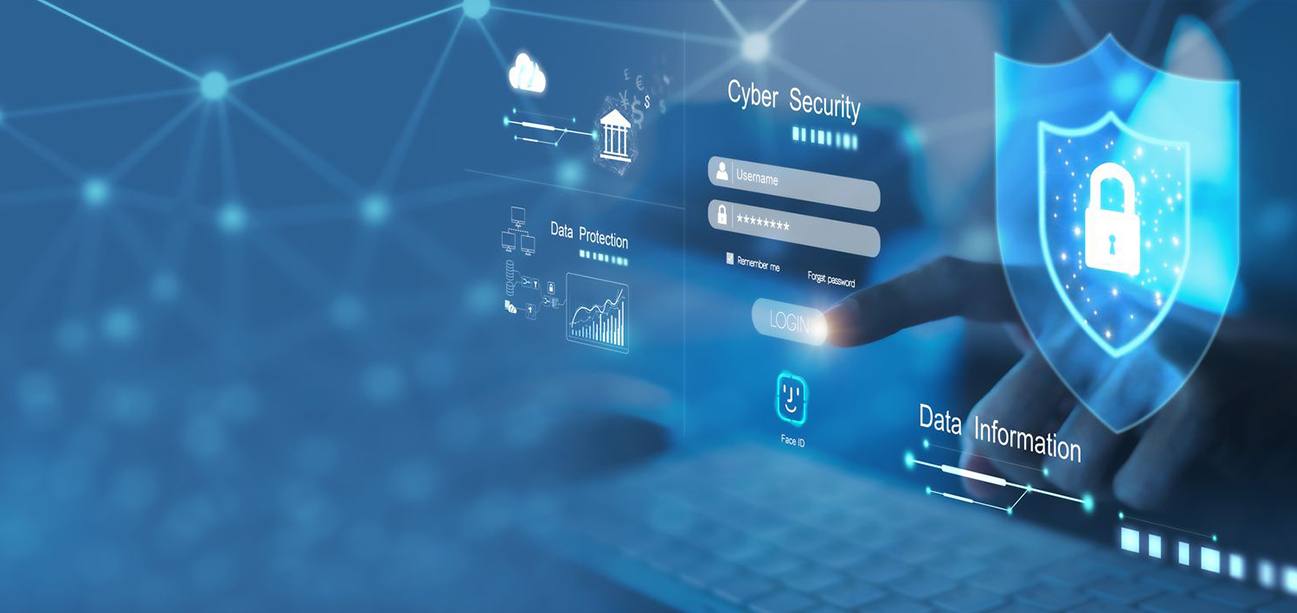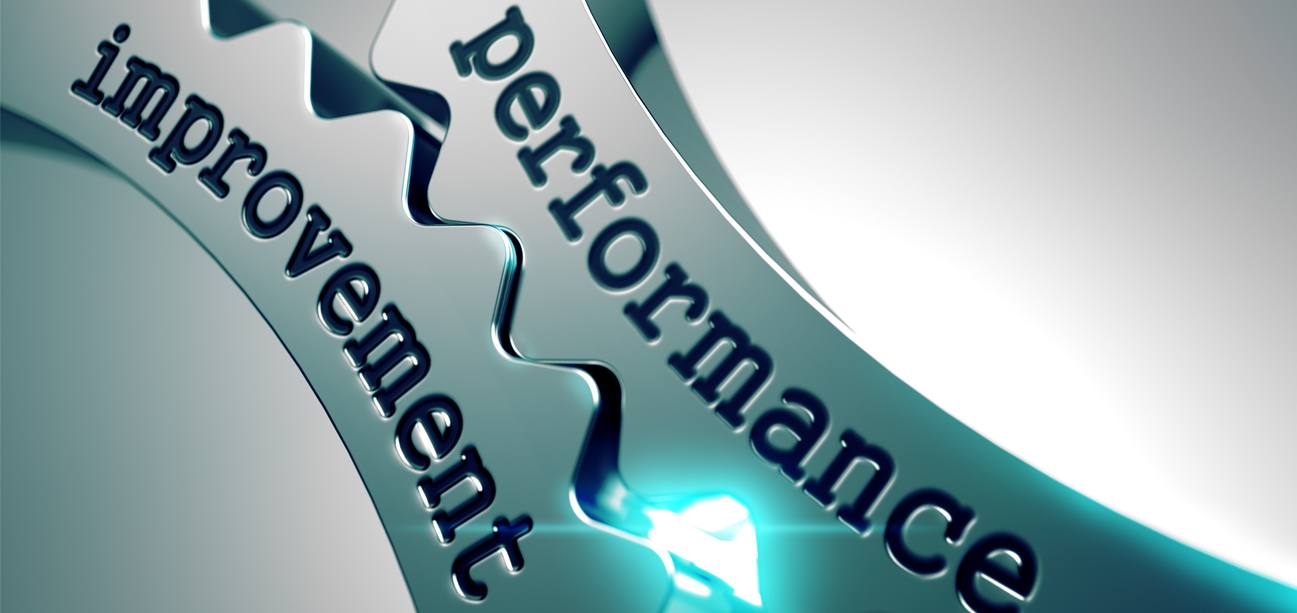
The Significance Of Virtual Reality App Development
Virtual Augmented game development is gaining more and more admirers each day, especially gaming enthusiasts who like to experience games in the newest ways possible. Multiple investors believe they could make a ton of money if they find the right game concept to develop. If you are an entrepreneur, there are some factors that you must adhere to gain a considerable foothold in virtual reality game development.
How You Can Benefit From Virtual Reality App Development
If you are a game lover with a game concept in mind, you need to bring it to life. If you have a team of creative employees working on game development with you, set aside some time to brainstorm with them to bring your game concept to realization. Remember that brainstorming means exploring all possible approaches. As long as your game concept is feasible in virtual reality, it is acceptable.
GET A QUOTEChoose The Best Virtual Reality Game Development Company
You need to find a competent developer who can turn your virtual game concept into reality. This is an important step because all ideas need to be practical and feasible in the game app universe. You need to sit down with the virtual game development team and explain your storyboard to them. Ask them if they can turn your concept into a virtual reality game. Choosing a Virtual Reality game development agency like Fictive Studios can help you integrate your ambiguous ideas into the virtual world of the game, where you will be immersed in the creation.
How to Keep Your Game Ideas Protected From Theft
Some clients have expressed concerns that their game ideas were stolen by developers. To protect your intellectual property, make sure to have the Virtual reality game development agency sign a non-disclosure agreement (NDA) before sharing any details about your game. This will legally bind the development team to keep your idea confidential. It is also a good idea to keep records of all meetings and correspondence with the developers, in case a dispute occurs.
Your Ultimate Virtual Reality Game Development Company For Innovative VR Solutions
If you are new to virtual reality game development, we can help you in every step of the way. We can assist you from the initial ideation of the game to the final deployment, including debugging and pilot testing.
Not everyone has the skills and knowledge to develop a game from scratch. Some people are good at the creative aspects of game design, such as writing scripts and creating character profiles, while others are better at the technical aspects of game development. Fictive Studios is proficient in every aspect of game development, from concept to completion. We have a team of skilled professionals who can help you transform your ideas into a “virtual” reality. Contact us today to learn more about our services.
What is the most crucial requirement for developing a virtual reality game app?
How much time does developing a VR game app usually take from ideation to launch?
What are the best practices for creating immersive experiences in VR game app development?
What are the common challenges encountered during VR game app development, and how can they be overcome?
How do I make sure my VR game app works on different VR devices and platforms
My question is complex. Can Fictive Studios assist?

Building The Future One Line Of Code At A Time

Mobile App Solutions For Everyone, Everywhere
We pride ourselves on our ability to bring your unique vision to life through our cutting-edge technology and innovative solutions.
Retail, Ecommerce
Education & e-learning
Healthcare & Fitness
Logistics & Distribution
Social Networking
Real Estate
Travel & Hospitality
Food & Restaurant
On-Demand Solutions
Gaming
Partnerships We Have Built Through Our Digital Solutions
At Fictive Studios, we are proud to have partnered with over 2000 businesses, ranging from startups to enterprises, to provide industry-leading mobile app development solutions tailored to their unique business needs. Every business is different, and we are passionate about helping our clients achieve their goals through our extensive range of app development services.
Start Up Business

Small & Med Business

Enterprise

Agencies

What Our Clients Say
We possess the capability to create applications across a diverse range of genres - simply specify your requirements and we'll bring your vision to life.

Let's Build Something App-tacular Together
Join forces with Fictive Studios, the premier Mobile App Development Company in the US. With our bespoke app development solutions, watch your business soar to new heights.
GET A QUOTE
















